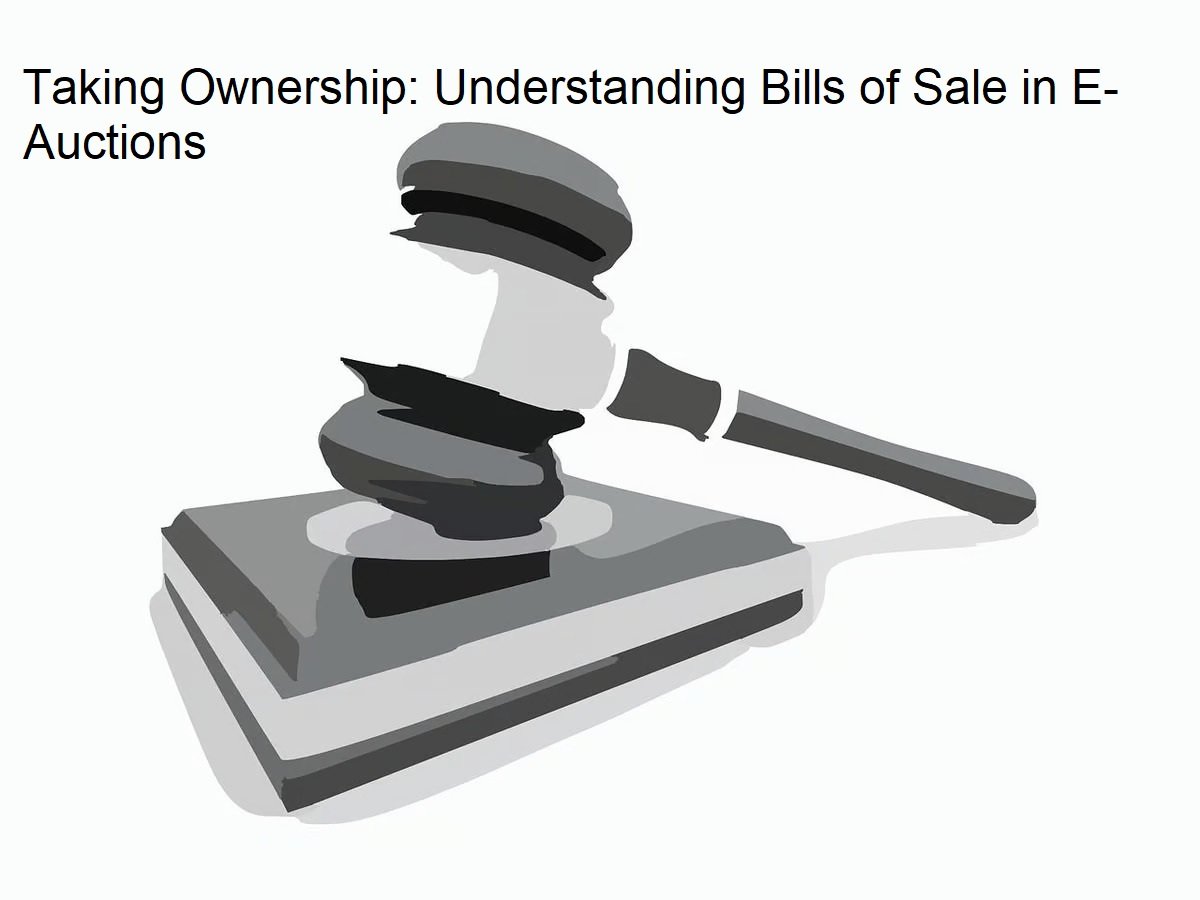(1) Appointment of Directors or Administrators
In the event of an asset reconstruction company taking over the management of a borrower's business under clause (a) of section 9 or a secured creditor taking control under clause (b) of sub-section (4) of section 13, the secured creditor has the authority to appoint individuals. This appointment is carried out by issuing a notice in both an English-language newspaper and an Indian-language newspaper circulated in the location where the borrower's principal office is situated. The appointed individuals may serve as:
(a) Directors, in the case of a borrower being a company as per the Companies Act, 1956 (1 of 1956), following the provisions of that Act; or
(b) Administrators, in any other case, for the borrower's business.
(2) Consequences of Notice Publication
Upon the publication of the notice under subsection (1), significant consequences come into play:
(a) Directors or individuals holding positions with the power of superintendence, direction, and control over the business of the borrower are considered to have vacated their positions;
(b) Management contracts between the borrower and any director or manager holding office immediately before the notice's publication are deemed terminated;
(c) The appointed directors or administrators must take necessary steps to secure and control all property, effects, and actionable claims belonging to the borrower's business, with such control deemed effective from the date of the notice
(d) The appointed directors under this section shall act as the directors of the borrower's company, exercising all powers previously held by the directors or those with powers of superintendence, direction, and control over the business.
(3) Special Conditions for Borrower Companies under the Companies Act, 1956
If the secured creditor takes over the management of a borrower's business, and the borrower is a company as per the Companies Act, 1956 (1 of 1956), special conditions apply, regardless of the provisions in the said Act or the borrower's memorandum or articles of association:
(a) Shareholders or any other person shall not lawfully nominate or appoint a director for the company;
(b) Resolutions passed at shareholders' meetings shall only take effect if approved by the secured creditor;
(c) No court proceeding for winding up or receiver appointment shall be valid without the consent of the secured creditor.
(4) Restoration of Management Control
Upon full realization of the debt, if the secured creditor has taken over the management of the borrower's business, the secured creditor shall restore management control to the borrower. However, a provision exempts secured creditors, jointly with others or in partnership with an asset reconstruction company, financial institution, or any other assignee, who have converted part of the debt into shares, obtaining a controlling interest in the borrower company, from the obligation to restore management control to the borrower.


